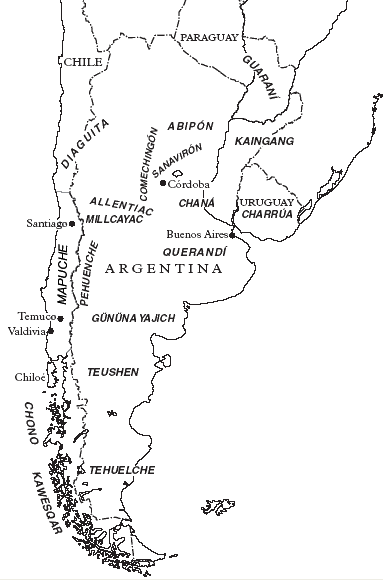Because in this case, the natives are getting money and safe haven from neutral countries.How many times do I have to repeat? It's no more difficult in that sense than it was for the British in New Zealand who had to contend with the warlike Maori, or the British in South Africa who had to contend with the Boers and with the Xhosa, Zulu, and other warlike black tribes over there, or the British and Americans in the North American West/Plains who had to contend with warlike Indians tribes. As I've said before, it all balances out! All of these situations played out over literally decades, and on the other side of it, European development blossomed in those areas!
Wilhem II's father read a different newspaper a few days before conceiving his son. As a result, he put slightly less mustard in his sandwich. As a result, a different set of spermatozoids were produced. That is the butterfly effect. The genetic makeup of any mammal owes a lot to chance. The moment news from the POD reach an area, everyone who was born after the news isn't born the same way, or born at all.Please prove to me that Wilhelm II's ancestors or Gavrilo Princip's ancestors ate different stuff or produced different spermatozoids just because the British take over little pockets of South America.
The second industrial revolution isn't going to be butterflied away. Aviation appearing by the early 20th century (or maybe even later 19th century) won't be butterflied away. General trends won't be butterflied away. But WWI was too much of a fluke. It was literally triggered because one particular terrorist went to a particular place to have a sandwich. A general war in Europe may still happen. Or not. Or it may happen in the 1920s, after some other minor war shows the impact of trench warfare, so this alt WW1 happens differently.
